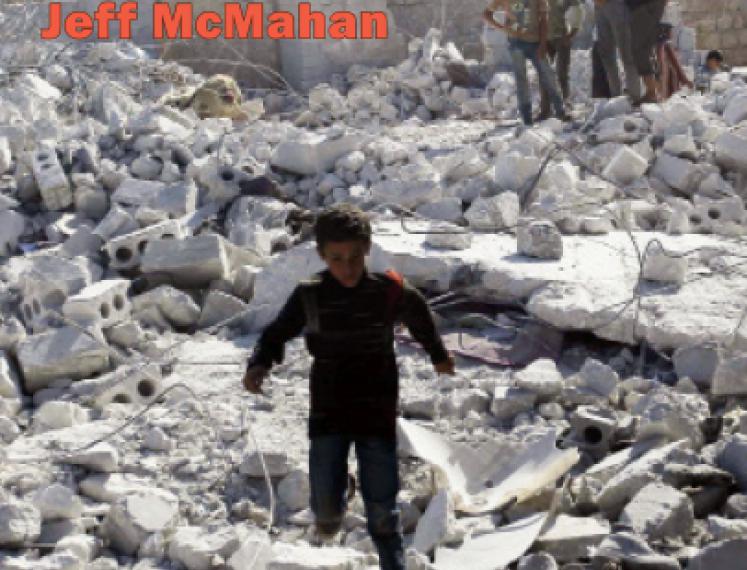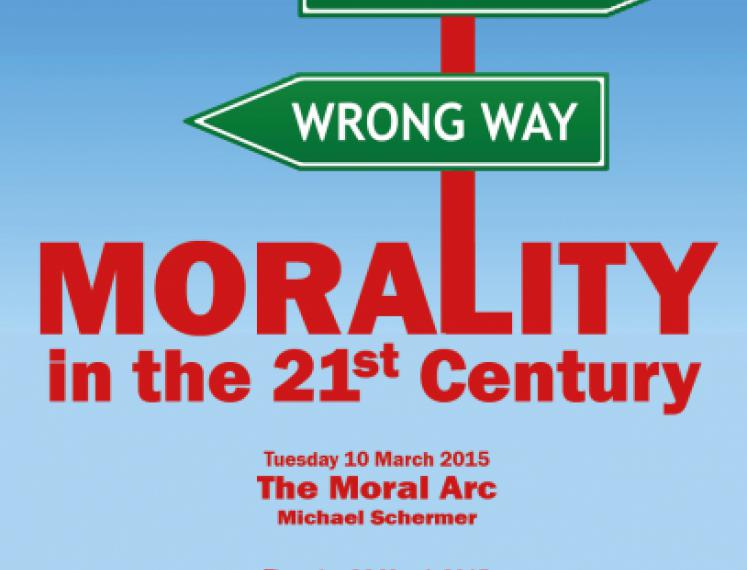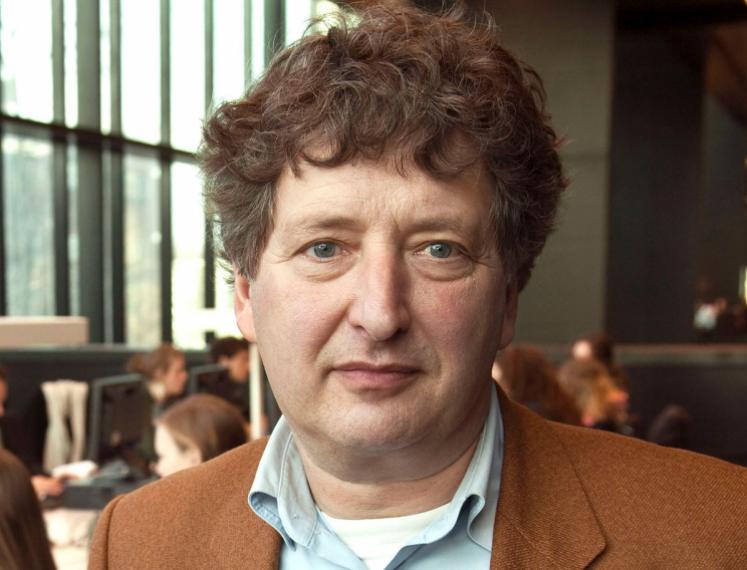Academy Building
Broerstraat 5
Groningen
Netherlands
Killing Civilians in War
Most of us accept that it can be permissible to kill people on a large scale in war. Does morality become more permissive in a state of war? Killing a person is in general among the most seriously wrongful forms of action, yet most of us accept that it can be permissible to kill people on a large scale in war. Does morality become more permissive in a state of war? In the traditional theory of the just war and in international law, it can be permissible to kill civilian bystanders, provided that the killing is an unavoidable side effect of otherwise permissible military action and provided that it is proportionate. Moral philosopher Jeff McMahan will explore what it is for the killing of innocent people to be proportionate. In general, acts of war by combatants whose aims are unjust cannot be proportionate in any morally significant sense. But acts of war by combatants whose aims are just can be proportionate even if they kill innocent civilians. What is at issue in making a judgement of proportionality? In some instances judgements of proportionality can be surprisingly precise. Yet much depends on the assumptions we make about certain fundamental issues in moral theory.
Jeff McMahan is White’s Professor of Moral Philosophy at the University of Oxford. He works primarily in ethics and political philosophy, and occasionally in metaphysics and legal theory. McMahan is author of The Ethics of Killing: Problems at the Margins of Life (2002) and Killing in War (2009).
The Griph Lecture is the annual lecture of the Groningen Institute of Philosophy. This lecture is organised by the Faculty of Philosophy of the University of Groningen, in cooperation with Studium Generale Groningen.





